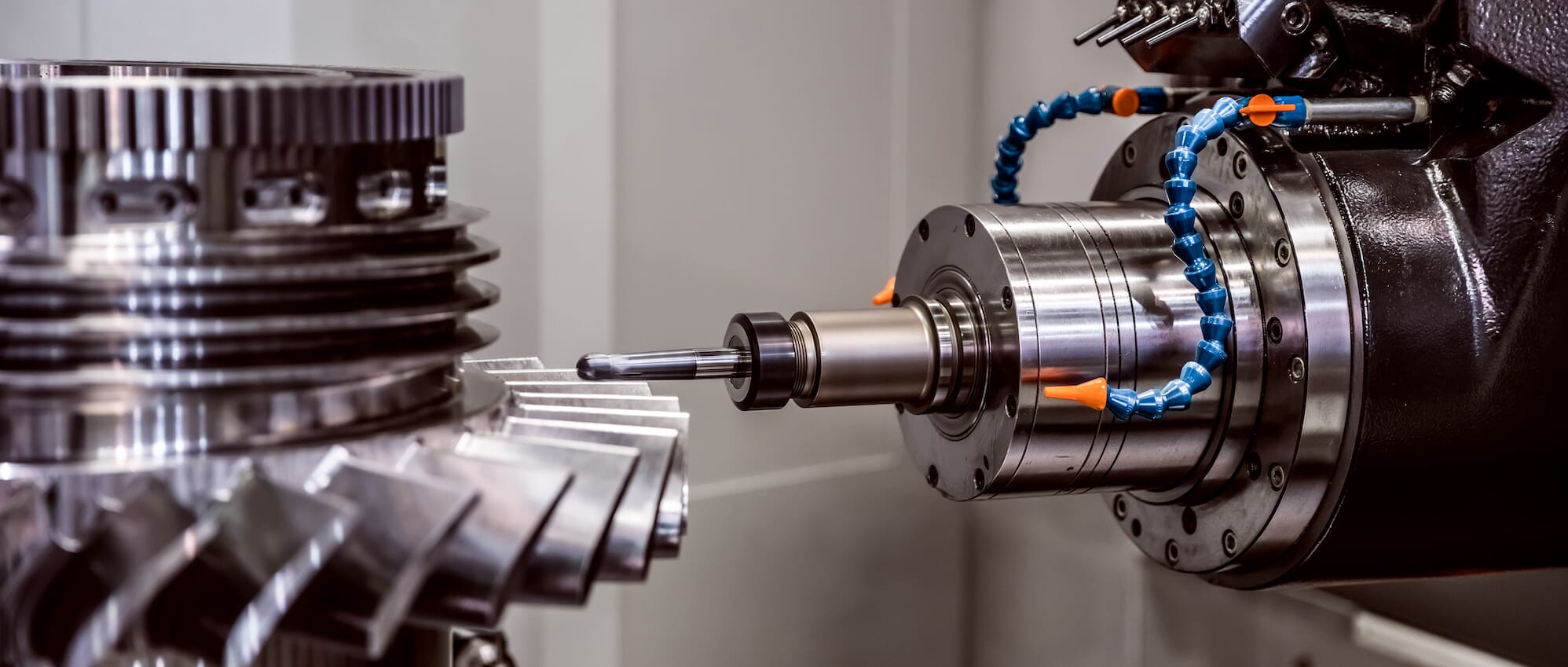The Main Principles Of Alcast Company
Table of ContentsThings about Alcast CompanyLittle Known Questions About Alcast Company.An Unbiased View of Alcast CompanyLittle Known Facts About Alcast Company.The 3-Minute Rule for Alcast Company6 Simple Techniques For Alcast Company
Chemical Contrast of Cast Aluminum Alloys Silicon advertises castability by reducing the alloy's melting temperature and improving fluidness during spreading. In addition, silicon adds to the alloy's stamina and put on resistance, making it beneficial in applications where resilience is critical, such as vehicle components and engine parts.It also boosts the machinability of the alloy, making it less complicated to refine right into completed items. This way, iron contributes to the overall workability of light weight aluminum alloys. Copper raises electric conductivity, making it helpful in electrical applications. It also enhances rust resistance and contributes to the alloy's overall toughness.
Manganese adds to the stamina of light weight aluminum alloys and improves workability (Casting Foundry). It is typically used in wrought aluminum products like sheets, extrusions, and accounts. The existence of manganese help in the alloy's formability and resistance to breaking throughout manufacture procedures. Magnesium is a lightweight aspect that offers toughness and impact resistance to light weight aluminum alloys.
Our Alcast Company Statements
It enables the production of light-weight components with exceptional mechanical residential properties. Zinc enhances the castability of aluminum alloys and helps control the solidification procedure throughout spreading. It boosts the alloy's strength and firmness. It is commonly found in applications where detailed forms and great information are necessary, such as ornamental castings and certain vehicle components.

The main thermal conductivity, tensile stamina, return toughness, and prolongation differ. Amongst the above alloys, A356 has the highest thermal conductivity, and A380 and ADC12 have the lowest.
7 Simple Techniques For Alcast Company

In accuracy spreading, 6063 is well-suited for applications where complex geometries and high-grade surface coatings are paramount. Instances include telecommunication rooms, where the alloy's premium formability permits sleek and visually pleasing layouts while maintaining structural honesty. In the Lights Solutions industry, precision-cast 6063 elements produce sophisticated and reliable illumination components that need detailed forms and good thermal performance.
It leads to a finer surface area coating and far better corrosion resistance in A360. In addition, the A360 exhibits exceptional elongation, making it excellent for complex and thin-walled elements. In precision spreading applications, A360 is appropriate for markets such as Customer Electronic Devices, Telecommunication, and Power Devices. Its improved fluidity enables for intricate, high-precision parts like smart device casings and interaction gadget housings.
The Of Alcast Company
Its one-of-a-kind residential or commercial properties make A360 a beneficial choice for accuracy casting in these sectors, enhancing product resilience and top quality. Aluminum alloy 380, or A380, is a commonly made use of spreading alloy with several unique features. It provides excellent castability, making it an optimal selection for precision casting. A380 displays good fluidness when molten, guaranteeing detailed and detailed molds are properly recreated.
In accuracy spreading, light weight aluminum 413 radiates in the Consumer Electronic Devices and Power Equipment sectors. This alloy's remarkable rust resistance makes it an outstanding choice for outdoor applications, ensuring long-lasting, long lasting products in the mentioned sectors.
Unknown Facts About Alcast Company
Once you have decided that the light weight aluminum pass away casting process is suitable for your project, a crucial next step is picking the most appropriate alloy. The aluminum alloy you select will considerably impact both the casting procedure and the residential properties of the end product. Because of this, you must make your decision thoroughly and take an informed strategy.
Identifying the most suitable aluminum alloy for your application will certainly mean weighing a wide array of characteristics. The very first category addresses alloy characteristics that influence the production procedure.
Alcast Company - Questions
The alloy you select for die casting straight influences several elements of the spreading process, like just how simple the alloy is to collaborate with and if it is susceptible to casting defects. Hot splitting, also called solidification fracturing, is a normal die spreading problem for light weight aluminum alloys that can result in inner or surface-level tears or fractures.
Certain light weight have a peek at this website aluminum alloys are much more susceptible to warm breaking than others, and your choice needs to consider this. An additional common flaw found in the die casting of light weight aluminum is die soldering, which is when the actors adheres to the die wall surfaces and makes ejection challenging. It can harm both the actors and the die, so you should try to find alloys with high anti-soldering buildings.
Rust resistance, which is currently a notable characteristic of aluminum, can vary substantially from alloy to alloy and is a vital characteristic to consider relying on the environmental conditions your product will certainly be subjected to (aluminum metal casting). Put on resistance is an additional residential property commonly sought in light weight aluminum items and can differentiate some alloys